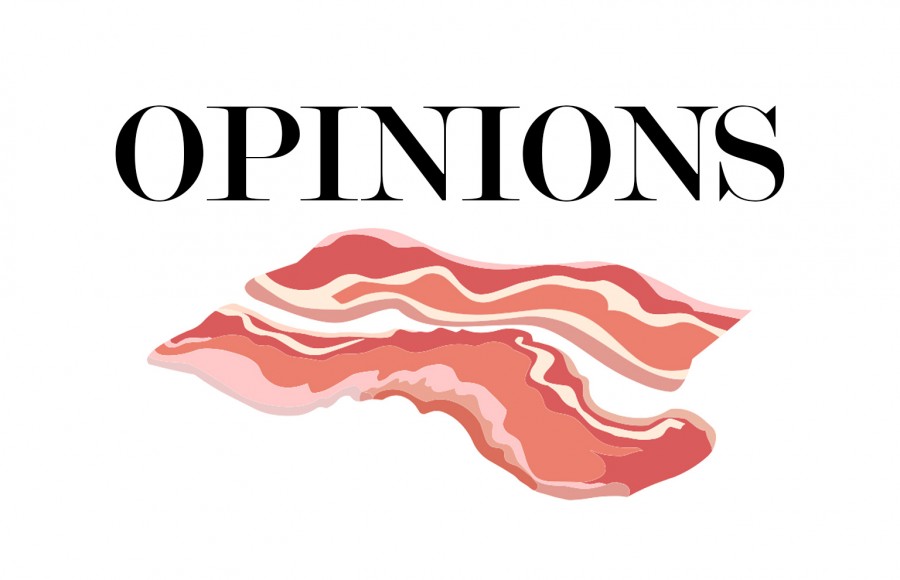The Future of Bacon
October 29, 2015
Here’s something scary to think about this Halloween: in its latest cancer report, the World Health Organization (WHO) reported that processed meat is a cause of cancer. Bacon, ham, and hot dogs, otherwise known as America’s favorite foods, are now on high alert as causes of colon cancer and stomach cancer. Diets high in processed meat cause approximately 34,000 cancer deaths annually and on a global basis, according to the organization. WHO also suggests that red meats such as beef and pork could be causal of colorectal cancer, prostate cancer, and pancreatic cancer.
So what does this mean for the future of processed meats and other meats in America? And more importantly, what does this mean for the future of bacon?
The news can be both a curse and a blessing in disguise. Bacon may kill us, but the absence of bacon and other meats on our dinner plates would be a big push towards sustainability goals. According to the Union of Concerned Scientists, the meat production industry is the second-biggest environmental hazard facing the Earth. According to the Worldwatch Institute, more than 51 percent of global greenhouse gas emissions are caused by animal agriculture. When you raise animals for slaughter, the precious resources of water and soil are lost. Trees are cut down to make way for grazing land for livestock. Untreated animal waste, saturated with toxins, pollutes bodies of water.
According to the U.S. Environmental Protection Agency, raising animals for food is the number one source of water pollution. More than one third of all raw materials and fossil fuels used in the United States are used to raise animals for food. Producing one hamburger uses enough fossil fuel to drive a small car 20 miles. And the world’s cattle eat more food than the caloric needs of the entire human population on Earth. Approximately 8.7 billion people could be fed with the quantity of food that is fed to cattle. That’s a lot of people considering that more than 795 million, or one in nine, people in the world do not have enough food.
Approximately 7.3 million people in the United States, or 3.2 percent of the U.S. adult population, are vegetarians. That number and percentage may grow in the future, once this news that “meat kills” catches fire. Whether it’s from the meat itself that we eat, or the environmental impact of the meat industry, we will all die from meat one day, one way or another.





















